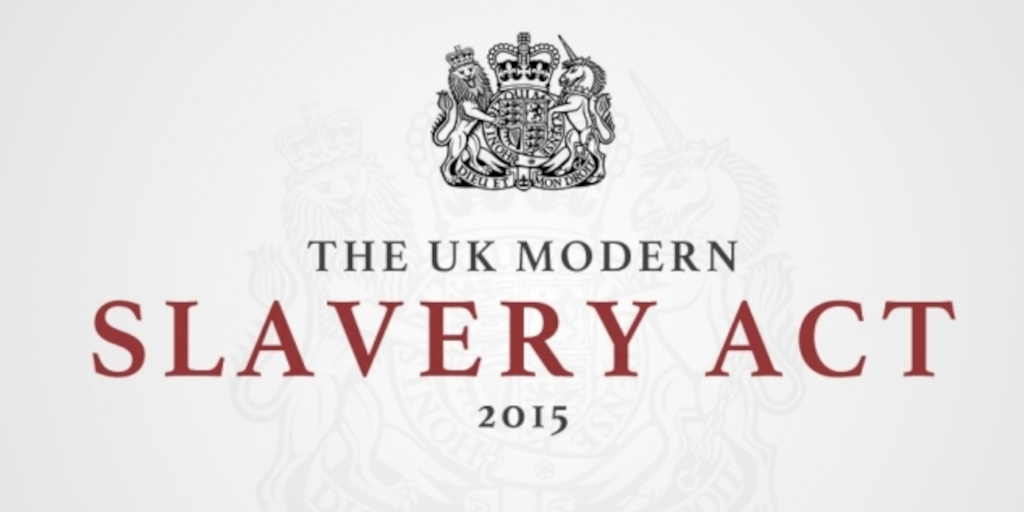
This month the focus is on the details. The EAT considered the circumstances of a disabled employee’s redundancy selection interview, an employee’s claim for damages for asbestosis was increased as a result of the employer not accepting his Part 36 offer, and we delve into the Pensions Ombudsman’s error of law in not considering whether a man who took early ill-health retirement might have otherwise been able to redeploy as a reasonable adjustment and therefore could have suffered financial loss by retiring early.
- Disability Discrimination: Whether requiring a disabled employee to attend a redundancy selection interview could put him at a substantial disadvantage
- Personal Injury: The importance of considering Part 36 offers when considering damages claims
- Pensions: The Pension Ombudsman should have considered redeployment as a reasonable adjustment
- Tribunals: Appeal to EAT must attach the signed judgment, not copy and pasted text
Disability Discrimination: Whether requiring a disabled employee to attend a redundancy selection interview could put him at a substantial disadvantage
In Hilaire v Luton Borough Council [2022] EAT 166, the EAT ruled on the employee’s appeal against the employment tribunal’s decision, rejecting his claims which alleged that his selection for redundancy, without the employer having given adequate consideration to his disability, had amounted to a failure to make reasonable adjustments. The employee, who suffered from depression and arthritis, had been required to attend an interview in a redundancy situation and he had informed the employer that he had been too ill to attend. The employer relied on the fact that the employee had been granted two extensions to the deadline for submission of an application for a role in the new structure, and that he had had been offered an alternative date for his interview. The tribunal concluded that the employer had applied a ‘provision, criterion or practice’ (PCP) of requiring the employee to attend an interview, and that he had not been placed at a substantial disadvantage by that PCP.
The EAT held that the tribunal had erred in its approach to the first aspect of ‘disadvantage’ by engaging in a binary decision concerning whether the employee could have taken part in the interview or not. The relevant matters in considering disadvantage under s.20 of the Equality Act 2010 (the Act) were the effects of the disability which made it more difficult for the disabled employee to meet an expectation of the employer (the PCP). The EAT held that, where the tribunal had found that the employee had had problems with memory and concentration and with social interaction, such problems would, at the least, have hindered effective participation in the interview. Accordingly, the tribunal should then have considered whether the limitation on the ability to participate had been more than minor or trivial.
The EAT further ruled that the second aspect of disadvantage was causation, and that there was evidence supporting the tribunal’s conclusion that the employee would not have taken part in the interview for reasons unconnected with his disability. Therefore, the EAT held that his disability had not prevented him from complying with a PCP and that, on that basis alone, the appeal could not succeed. precover from the effects which would have hindered his participation in an interview, could be considered an adjustment within t7he meaning of the Act, but that, given the significant impairment in the present case, from which recovery would have been protracted, the short delay to the date of the interview which the employer had applied could not be considered an adjustment. However, the EAT ruled that, on the evidence, the tribunal had been entitled to consider that the surrounding circumstances and the impact on other employees had meant that no step, including ‘slotting in’, would have been a reasonable step for the employer to have taken. Accordingly, the appeal was also dismissed on that basis.
Personal Injury: The importance of considering Part 36 offers when considering damages claims
In Brown v G & K Manson Ltd [2022] EWHC 3004 (KB), the King’s Bench Division assessed damages in a claim brought against the claimant’s former employer, in circumstances where the claimant had developed asbestosis following his exposure to asbestos during his employment. Judgment on liability had been entered in earlier proceedings. Among other things, the court accepted the main elements of the submissions made on the claimant’s behalf, subject to a recalculation of the hourly rate for gratuitous care and assistance. The court accepted that the debilitating breathlessness which the claimant had begun to suffer from early 2019 from asbestosis had resulted in his wife undertaking an additional daily hour of assistance, and it took into account, among other things, the claimant’s extra energy costs as a result of the energy price cap increases, bearing in mind that his forced sedentary lifestyle required his domestic heating to be on for longer, so as to keep him warm. The court held that the appropriate total award of damages was £91,438.54, including interest.
However, the court was informed that the claimant had put forward a Part 36 offer of £72,500 in full and final settlement (meaning under Part 36 of the Civil Procedure Rules, whereby one party seeks to settle the claim for a fixed, whole amount, which if not accepted, can have consequences as to the award and costs). Accordingly, the EAT ruled that the consequences of CPR Pt 36.17(4)(d) came into effect, such that the claimant was entitled to an additional amount of £9,143.85, representing 10% of the amount the court had awarded, including interest. The court also awarded interest under Pt 36.17(4)(a).
Pensions: The Pension Ombudsman should have considered redeployment as a reasonable adjustment
In Andrew v Royal Devon and Exeter NHS Foundation Trust [2022] EWHC 2992 (Ch), the Chancery Division allowed in part Mr Andrew’s appeal from a decision of the Pensions Ombudsman which had determined that Mr Andrew’s claim for financial loss had failed on reliance. Mr Andrew was employed by the respondent trust as a specialist orthotic technician. He was a member of two pension schemes (the 1995/2008 scheme and the 2015 scheme). Having developed significant health problems, in August 2017 Mr Andrew had applied for both Tier 1 and Tier 2 ill-health retirement (IHR). It was approved on 28 December 2017 on the basis of Tier 1, but not Tier 2. Mr Andrew’s employment terminated on 18 February 2018. When he was sent the final calculation of his pension entitlement, however, on 29 March 2018, his entitlement under the 1995/2008 scheme and the annual pension did not coincide with the estimate given to him in August 2017.
Mr Andrew complained to the Ombudsman. The Ombudsman had decided that he was given the correct figures. The court held, among other things, that on the basis of the evidence available to the Ombudsman, it had concluded that but for the inaccurate IHR estimate Mr Andrew would have retired at the same time and, as such, had suffered no financial loss. There was an evidential basis for that conclusion in so far as it related to Mr Andrew’s role. In particular, while Mr Andrew might have chosen to remain on sick pay the evidence did not point inexorably towards that conclusion. In addition, the court held that there was no error in the Ombudsman deciding to proceed on the basis of the evidence before him rather than holding an oral hearing.
As to the possibility that Mr Andrew would have sought and been granted redeployment as a reasonable adjustment, the court held that the Ombudsman had not considered and rejected that possibility; rather, the Ombudsman had only considered the fact that it was still open for Mr Andrew to apply for another role. The fact that it could be a reasonable adjustment to redeploy an employee without there being a need for them to go through a competitive recruitment process had been confirmed in Archibald v Fife Council [2004] ICR 954. Failing to consider that possibility amounted to an error of law on the part of the Ombudsman and the case was remitted on that basis.
Tribunals: Appeal to EAT must attach the signed judgment, not copy and pasted text
In Richardson v Extreme Roofing Ltd [2022] EAT 173, the EAT held that an appeal from an employment tribunal judgment to the EAT must attach a copy of the actual signed judgment and written reasons not just text which has been copied and pasted from that judgment and reasons. If an appellant is unable to attach a copy of the written reasons or ET1 claim form or ET3 response to the appeal and instead supplies a written explanation as to why they are not included then that explanation must be genuine and set out why the appellant is unable to produce the necessary documentation.
Further Information:
If you would like any additional information, please contact Anne-Marie Pavitt on: hello@dixcartuk.com

















